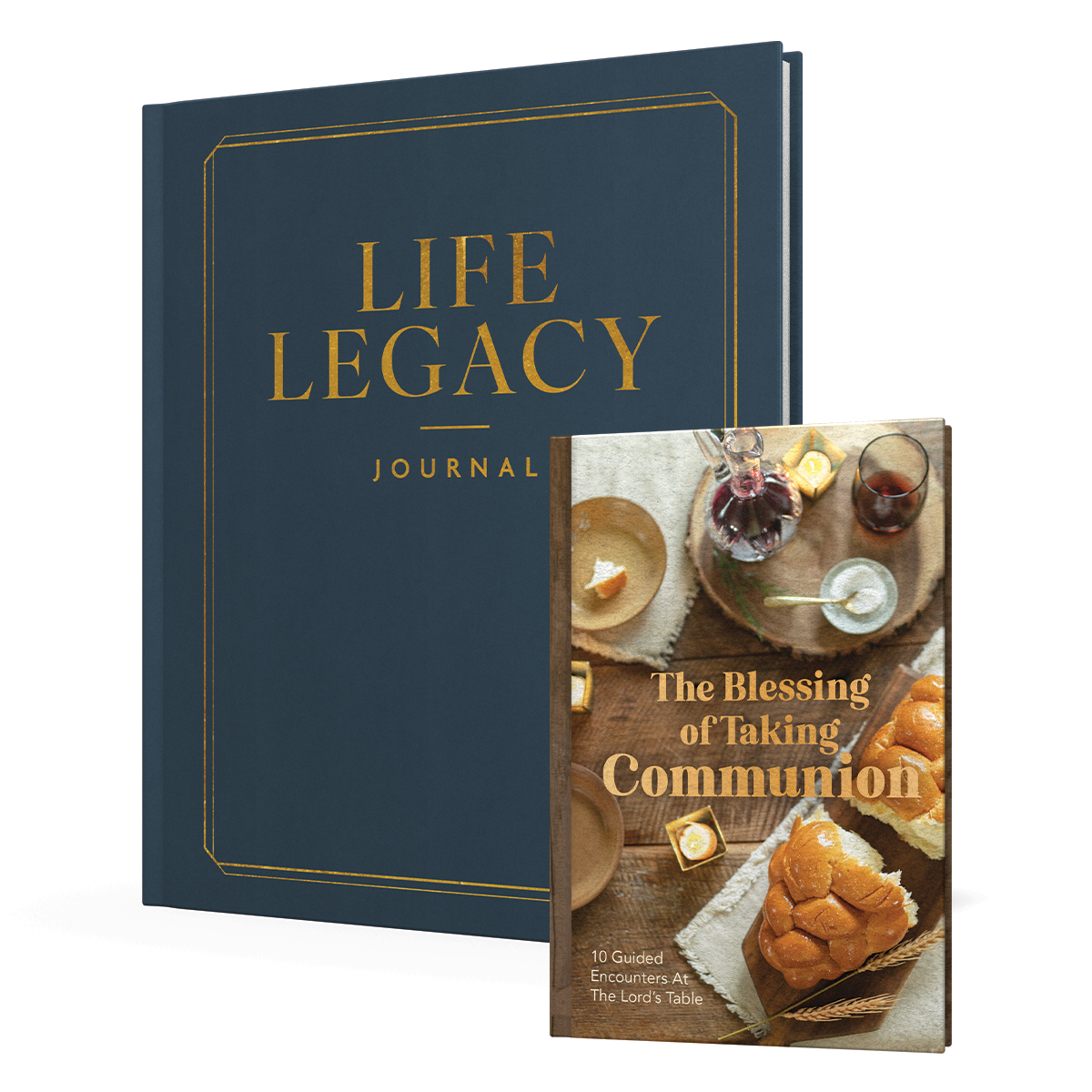Repeatedly throughout the scripture, God has revealed Himself as a defender and deliverer. The Exodus out of Egypt dramatically portrays God’s execution of biblical justice on behalf of a group of people who were oppressed. Later, when God gave His laws to Israel, He reminded them of His deliverance. He said, “You shall not wrong a stranger or oppress him, for you were strangers in the land of Egypt” (Exodus 22:21).
God regularly tied either a presence, or an absence, of biblical justice to a presence, or absence, of His blessing. For example, Israel’s worship was rejected because of an absence of justice in society (Amos 5:21-24). The Israelites were taken into captivity and held in bondage because of their rebellion against God. God had repeatedly told them to turn from their sin and practice “justice and righteousness,” pay back what was stolen, and secure every pledge (Ezekiel 33:10-20).
The destruction of Sodom and Gomorrah, as another example, is often attributed to the blatant practice of homosexuality; however, God clearly links His wrath toward them to their lack of concern for the poor (Ezekiel 16:49).
The prophets of the Old Testament regularly condemned people for their social injustices as well. These condemnations were not merely viewed as secular affronts to communities, but also a spiritual affront to God (Zechariah 7:9-12). God’s people were specifically instructed to seek the welfare of the secular city in which they were living and to pray for its well-being so that it would become a better place to live, work, and raise their families (Jeremiah 29:4-7).
Therefore, the role of the church, as a participant in God’s socio-political kingdom and as His bride, is to execute divine justice on behalf of the defenseless, poor, and oppressed. Scripture relates biblical justice to these groups as a primary concern because it is these groups that most represent the helpless in society and bear the brunt of injustices.
The church is not to mistreat the poor (James 2:15-16), or to have class and racial prejudice (Galatians 2:11-14). Rather, the church is commissioned to meet the physical needs of the “have-nots” within it. Note, this is not to be confused with subsidizing irresponsibility, which the Bible strictly prohibits (2 Thessalonians 3:10; Proverbs 6:9-11; 10:4; 13:18; 24:30-34). Even in the biblical practice of gleaning — which was leaving behind portions of a harvest for the benefit of the poor who collect it — the poor needed to exercise responsibility in accessing what had been left behind. The amount of work that was put forth resulted in the amount of food that was obtained.
The Bible is clear on spiritual ministry and social responsibility working hand-in-hand. When the two are properly connected and integrated, people become productive citizens of society while also becoming prepared for life in eternity.
Excerpt from Oneness Embraced by Tony Evans (Moody Publishers). Watch Tony Evans this week on LIFE Today as he discusses issues of race, religion, and the nation.










